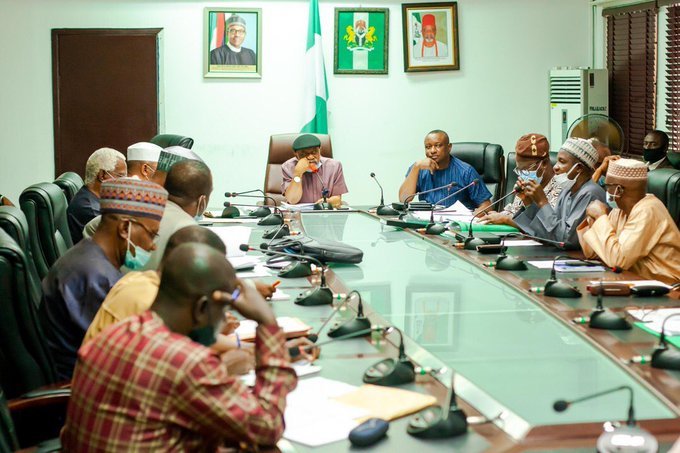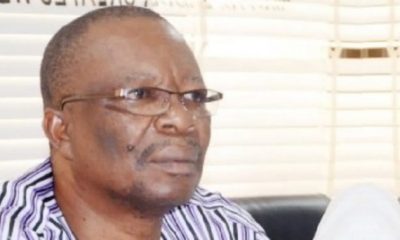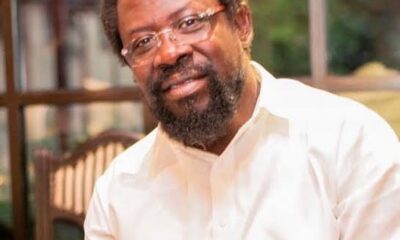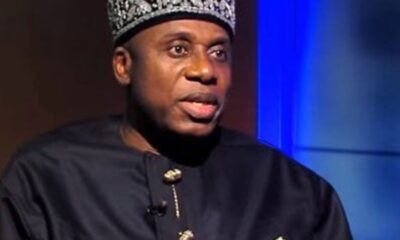NEWS
ASUU, FG go silent after five-hour strike meeting

On Thursday, Federal Government and the leadership of the Academic Staff Union of Universities, went silent on the outcome of a closed-door meeting called to resolve the lingering strike which had grounded academic activities in the universities.
The five-hour meeting, which started about 5:13 pm, and ended around 10 p.m, was re-convened by the Minister of Labour and Employment, Chris Ngige, after it was earlier postponed twice.
After the parley, the government team and ASUU did not release any statement on the agreements reached during the closed-door session.
The government had during the November 27 meeting with the union pledged N40 billion as the Earned Allowance and N30bn for the revitalization of the university system bringing the total payment to N70 billion.
It also promised to pay the arrears of salaries to the lecturers. The union in turn pledged to present the offer to its organs and get back to the government on their decision.
Shortly after, the ASUU President, Prof Abiodun Ogunyemi, came hard on the government, saying it had failed to fulfill its promises.
But Ngige in a statement countered the claims, stating that the union pledged to call off its strike before December 9 after the offers made to it during their meeting. He also said the government had fulfilled all the pledges made to ASUU.
Meanwhile, Ekiti State Governor and Chairman, Nigerian Governors’ Forum, Dr Kayode Fayemi, said on Thursday that the resolution of the stand-off between the Federal Government and the Academic Staff Union of Universities, which led to the present strike by lecturers, would happen soon.
Fayemi, who said he had the opportunity to be part of negotiations between the government and ASUU in his capacity as the NGF chairman, said in view of the successes recorded so far, “we are nearer to the resolution of the of the crisis than people think.”
The governor, who spoke during the 24th Convocation of the Ekiti State University, Ado Ekiti, where 11,437 candidates bagged various degrees, appealed to labour leaders in the institution to always embrace peace and give room for dialogue in resolving many of the issues that might come short of their expectations.
He advised Nigerian graduates to develop capabilities to come up with uncommon innovations and ideas, describing these as the best catalysts to success in a 21st century economy.
Fayemi said, “This is a period when academic curricular of our citadels of learning should be tailored towards meeting the realities of our contemporary Nigeria and the antidote for its various challenges.
“It is a generally acceptable norm that only qualified staff and students could innovate and steer the ship of our university system as well as Nigeria as a nation to our expected shore. Therefore, I challenge the graduating students of today to see themselves as the future of Nigeria. The earlier the responsibility of leadership is embraced by their generation, the better for them as a people and to us as nation”.





























